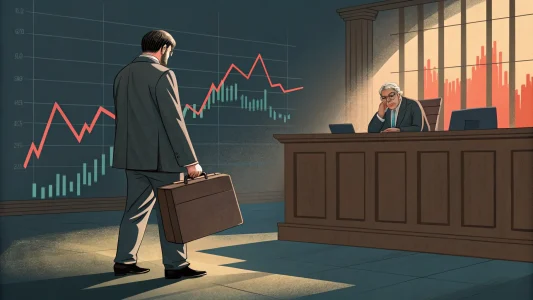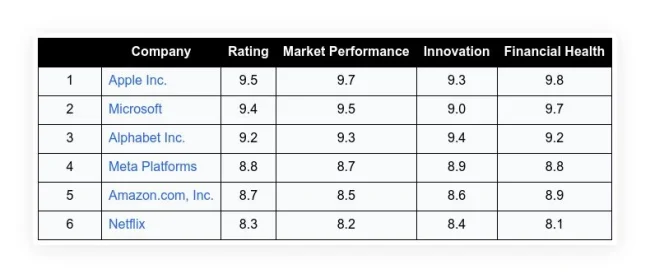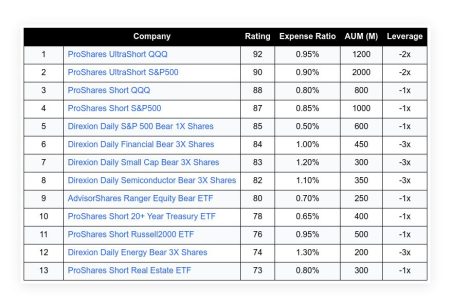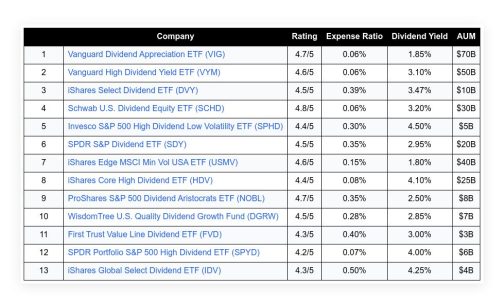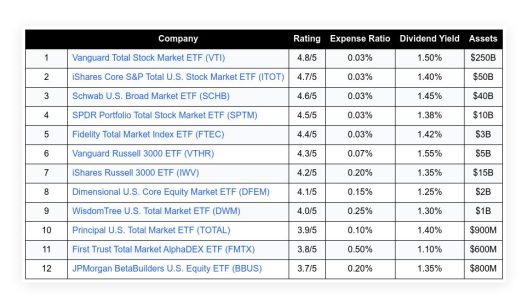A young Wall Street professional’s encounter with their CEO in 2010 revealed profound insights about investor psychology and market timing. In the aftermath of the 2008 financial crisis, this interaction highlighted how emotional responses shape investment decisions and market cycles.
During a presentation to 500 people, a 22-year-old analyst questioned their CEO about developing products to capitalize on market recovery opportunities. The CEO’s response illuminated a fundamental truth about investor behavior: when markets experience severe downturns, most investors focus on protection rather than growth opportunities.
Table of Contents
ToggleUnderstanding Market Psychology
The 2008 financial crisis created deep psychological scars among investors. Many individuals lost significant portions of their wealth, including their homes and approximately half of their market investments. This experience led to a widespread “bunker mentality,” where protecting remaining assets precedes pursuing new investment opportunities.
The market cycle demonstrated three distinct phases:
- Pre-2007: A period of excessive optimism and aggressive investment
- 2008: Severe market decline and widespread losses
- 2009: Fear-driven selling at market lows
View this post on Instagram
Key Investment Insights
The interaction revealed several critical lessons about market behavior and investment timing:
Investment products must align with investor sentiment. During periods of market stress, investors typically prefer defensive options over growth-oriented products, regardless of potential opportunities.
Market timing often works against typical investor behavior. Many investors sell during market bottoms due to fear and buy during market peaks due to greed, effectively reversing the “buy low, sell high” principle.
Make sure you’re cautious enough to be greedy next time others are fearful.
This experience emphasizes the importance of maintaining emotional discipline during market extremes. Investors who can resist panic during market downturns may be able to acquire assets at favorable valuations.
The story concludes with a warning about current market enthusiasm. Investors celebrating significant gains, such as 50% returns, may be exhibiting the same type of behavior that preceded previous market corrections. These individuals might become the next wave of sellers during market stress, creating opportunities for more disciplined investors.
Frequently Asked Questions
Q: How do market cycles affect investor behavior?
Market cycles create emotional responses that often lead investors to make counterproductive decisions. During market peaks, excessive optimism can drive risky behavior, while market bottoms usually trigger fear-based selling when prices are most attractive.
Q: What signs indicate potential market vulnerability?
Widespread celebration of unusually high returns and aggressive investment behavior often signal market vulnerability. When investors begin boasting about exceptional gains, it may indicate excessive optimism, similar to pre-correction periods.
Q: How can investors maintain discipline during market extremes?
Successful investing requires emotional control and a long-term perspective. During good times, investors should prepare for market downturns and maintain cash reserves to take advantage of opportunities when others are selling due to fear.









